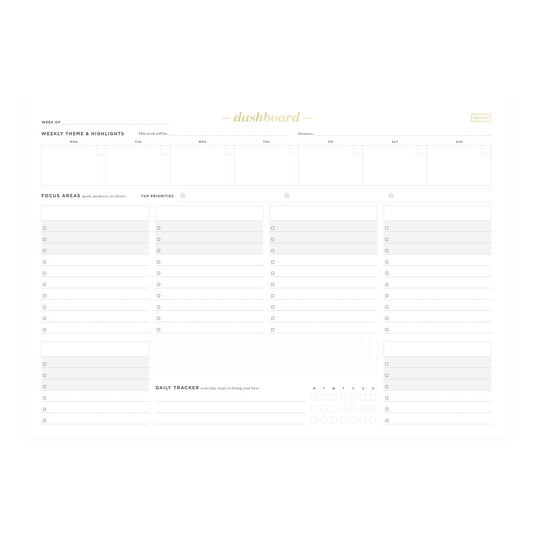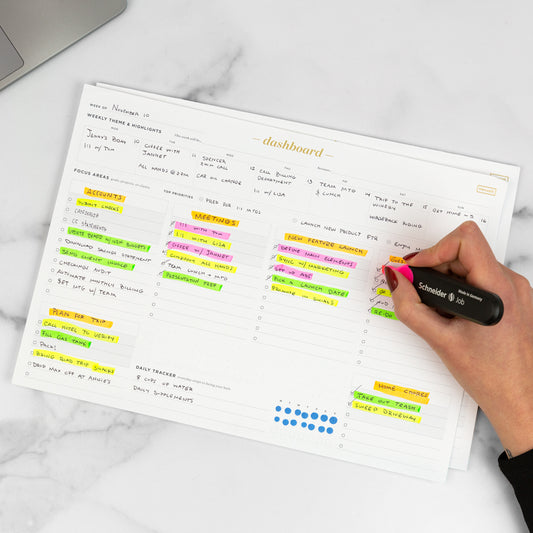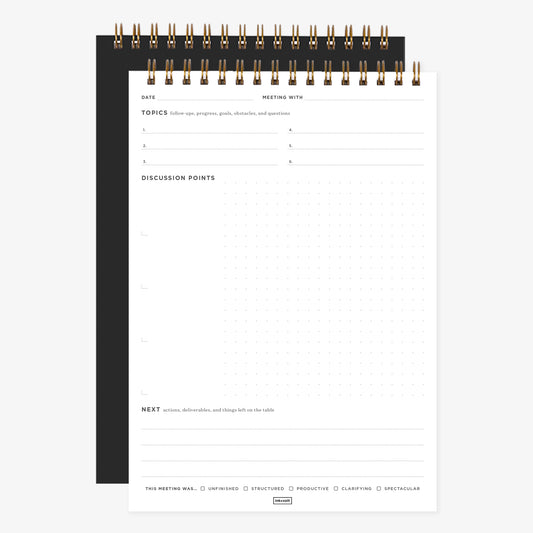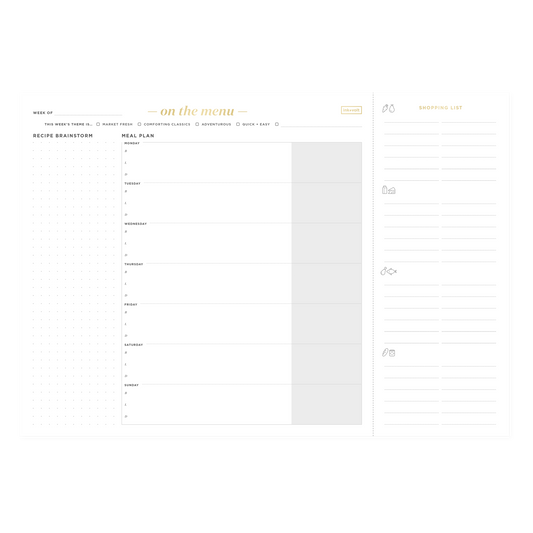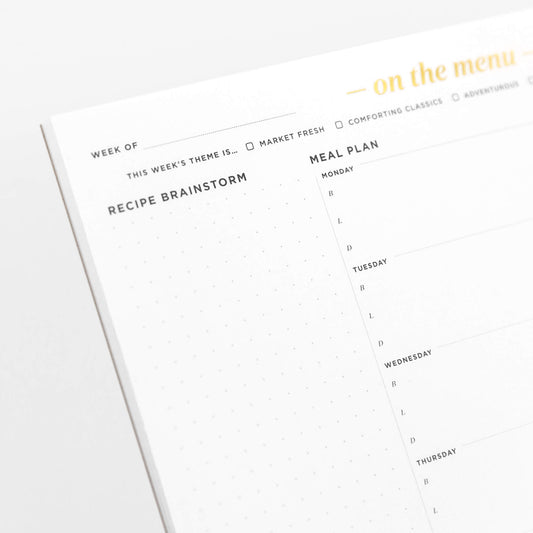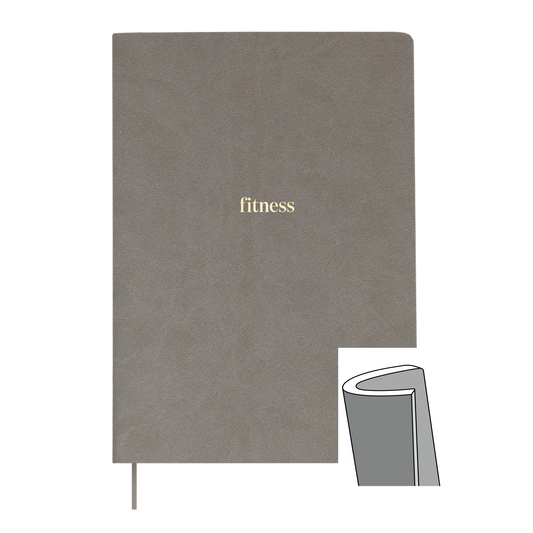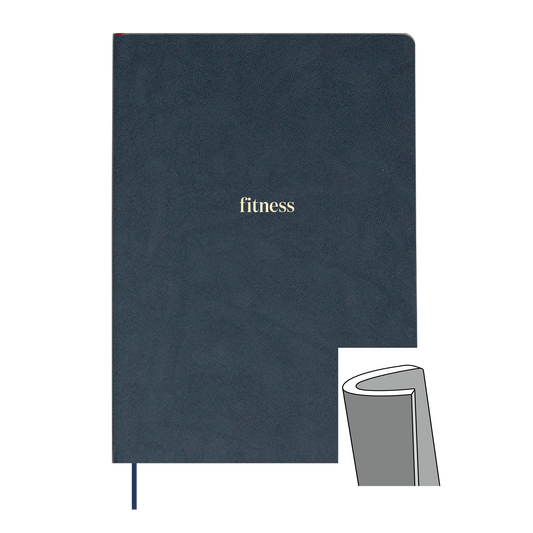Mornings are hectic.
Whether you’re best friends with your snooze button, faced with a long commute, or rushing to get kids off to school, it can be tough to find the time to fit everything in.
Often, breakfast is the first thing that’s bumped off the to-do list.
But research shows that eating breakfast in the morning can make a significant difference in overall health and wellness. Starting your day with a well-balanced meal can help improve productivity, focus, and even help foster a healthy weight — eating in the morning reduces your likelihood of overeating later in the day.
One great way to make sure you *always* have time for breakfast, no matter how many times you hit snooze, is to prepare it in advance.
The idea of starting a breakfast meal prep routine may feel daunting at first, so we’ve broken it down here for you!
Benefits of breakfast meal prep
It’s a time-saver
The average American adult spends about 37 minutes a day on meal prep and cleanup, and if you’re rushing out the door in the morning, that’s time you just don’t have.
Imagine instead a morning where your healthy breakfast is ready and waiting for you in the fridge, so you can just grab it on your way out the door, or — even better — actually have a few extra minutes to sit and enjoy your breakfast at home.
Just think about all the things you could have time for simply by saving the time you *would* have spent making breakfast. You could do a 10-minute meditation, take some time to set an intention for your day, clear your head by journaling, do a short yoga routine… If you’re at a loss, we have lots of great ideas for things you can do each morning to be more productive!
You’ll start your day on the right foot
There’s no better feeling than checking something off your to-do list. By prepping your breakfast in advance, you’re allowing yourself to start the day with one task already accomplished.
Breakfast is now one less thing you have to worry about, one less decision you have to make, which will allow you to be more present and more focused to tackle your next project.
(Looking for more ways to make your mornings more productive? Here are some suggestions!)
It’s healthier
When you prepare your meals in advance, you’re forcing yourself to make better food choices. You’re making a conscious decision about your portion sizes, and you’re able to control the ingredients that you’re using to fit your dietary needs.
Your pre-made breakfast can also serve as a barrier to temptation. When you get into the office and see that your coworker has brought donuts again, facing that temptation with a full stomach (or with the knowledge that your meal is ready to go in your bag) will help you stay on track to meet your health and wellness goals.
You’ll save money
How many times have you skipped breakfast, only to later stop by Starbucks or Dunkin’ Donuts and pick up a coffee and pastry? (For me, it’s more times than I’d care to admit.)
By prepping your breakfast in advance, you’ll actually start saving money that you would have otherwise spent on overpriced takeout food and drinks. Eating breakfast helps to prevent overeating later in the day, so there’s a chance that you could also see those savings in the form of smaller lunches later on.
How to get started with breakfast meal prep
Decide when you’ll prep your meals
Pick the days that you’ll dedicate to your breakfast prep. When you’re first starting off, take things slow: pick at least two days during the week to designate as breakfast prep days so that you’re not making more than three meals in advance at a time. Experienced meal preppers tend to recommend Sundays and Wednesdays, but with time, you’ll find what works best for you.
Once you’ve decided when prepping will happen, it’s time to hold yourself accountable! Add the task to your planner or shared calendar, leave yourself Post-It reminders, whatever you need to do to help yourself stick to your set schedule. After a few weeks, you’ll soon fall into a routine.
Make your grocery list
Decide what recipes you’ll be making in advance and add those ingredients to your regular shopping list. (We’ll give you some recipe ideas at the bottom of this post!)
Don’t be afraid to buy in bulk! Don’t overbuy perishables, of course, but consider larger sizes of foods you know you’ll be eating regularly — like granola or English muffins. Planning on a lot of yogurt? Buy one larger tub instead of individual servings! These choices will help keep costs down and help reduce waste.
Making sure you have everything you need for your meals on-hand is the best way to make sure your meal prep experience goes smoothly.
Make sure you have containers
Containers are a key ingredient to meal prep! You’ll want to make sure you have storage containers that are clear (so you can easily see inside), microwave safe, freezer safe, dishwasher safe, stackable (to maximize your fridge space!), and reusable.
Here are some favorite containers to help get you started:
- Mason jars: These are perfect for transporting overnight oats, smoothies, and yogurt.
- Ziploc freezer-safe bag: These are must-haves if you’ll be storing any of your food in the freezer for reheating later in the week
- Ziploc plastic containers : Not quite as durable as glass containers, but still a great option for food storage and organization
- Pyrex glass containers: I love all the different shapes and sizes of this set, which is also dishwasher, microwave, and freezer safe
- Multi-compartment glass container: These are great for storing different breakfast meal prep components or ingredients
3 easy recipes to incorporate in your breakfast meal prep
1. Overnight oats
Overnight oats are one of my go-to’s for breakfast prep. Here’s my favorite recipe:
- ½ cup of Greek yogurt
- ½ cup of unsweetened almond milk
- ½ cup of rolled oats
- A handful of sliced strawberries (or any fruit!)
- A drizzle of honey
Stir to combine in a mason jar, then put in your fridge and let sit overnight.
2. Hard-boiled eggs
I love to make a batch of hard-boiled eggs at the beginning of the week, and then eat them in different ways each morning — sliced up with a tomato or an avocado and a drizzle of olive oil is delicious *and* healthy!
Here are the step-by-step instructions for perfect hard-boiled eggs (check this handy graphic to determine how long you want to cook your eggs for!):
- Place eggs in a large saucepan and cover them with cold water
- Cover pan and bring to a boil over high heat
- Boil for 6-7 minutes
- Remove from heat and drain water
- Run eggs under cool water for a minute to help them cool
Once the eggs are done, you can either peel them and eat them immediately, or store them (shells still on) in the fridge for up to a week.
3. Egg muffins
Egg muffins are the perfect meals for breakfast prep because they’re delicious, super healthy, easy to make, and you can prepare them in big batches. Here’s a standard recipe for egg muffins, but one of the beauties of them is that you can swap the fillings out for just about anything!
- 12 large eggs
- ¼ cup spinach
- ¼ cup bell pepper
- ¼ cup chopped mushrooms
- ¼ cup shredded cheese
- Salt and pepper
And the simple instructions:
- Preheat oven to 350 and lightly grease a nonstick muffin tray.
- In a large bowl, whisk eggs together, then pour into each muffin tin, filling them about halfway. Season with salt and pepper to taste.
- Add your veggies and cheese. (You can also add breakfast meats at this step, if you like!)
- Bake for about 20 minutes.
- Store in an airtight container in the refrigerator for 4-5 days, or you can freeze them by wrapping them individually and storing in a plastic storage bag.


